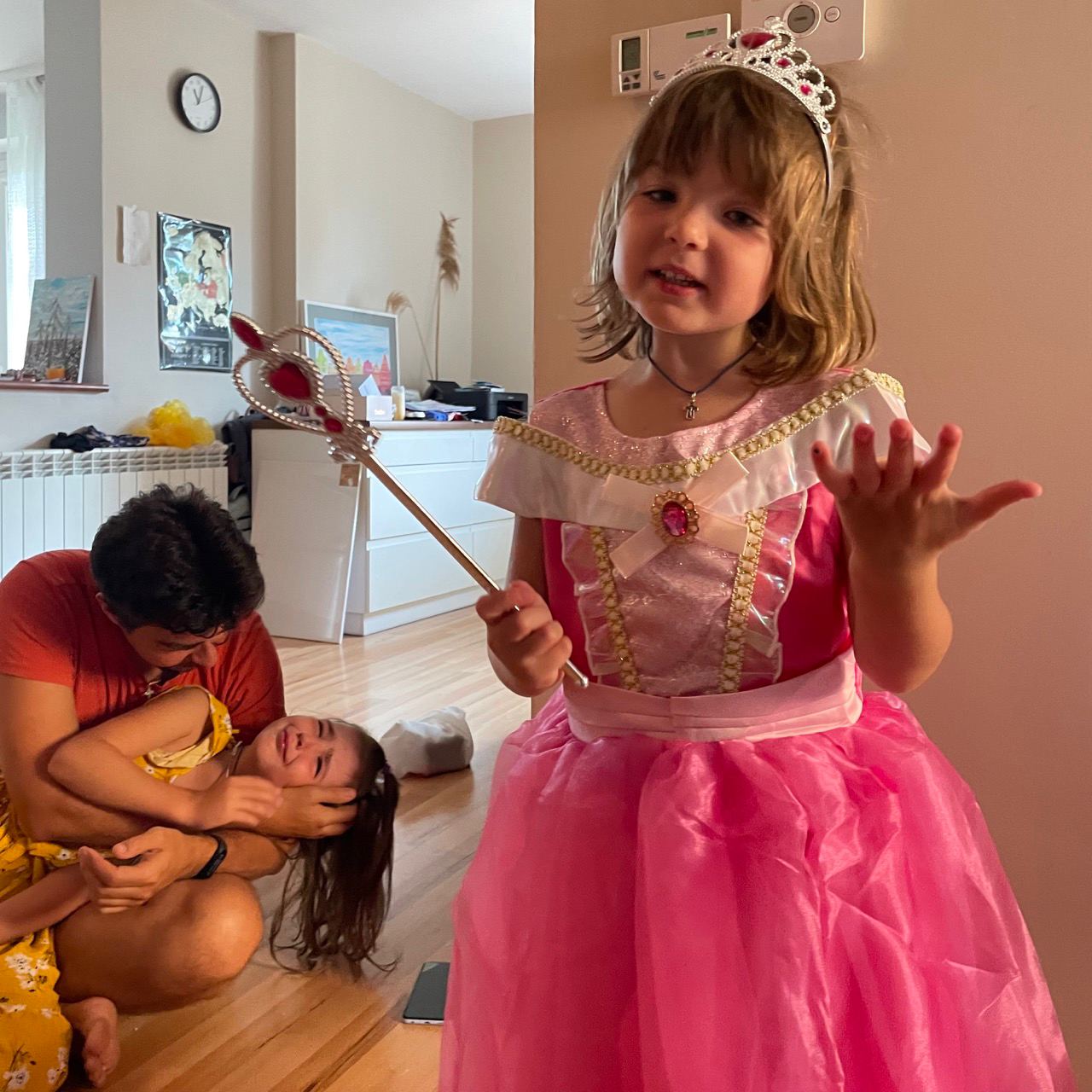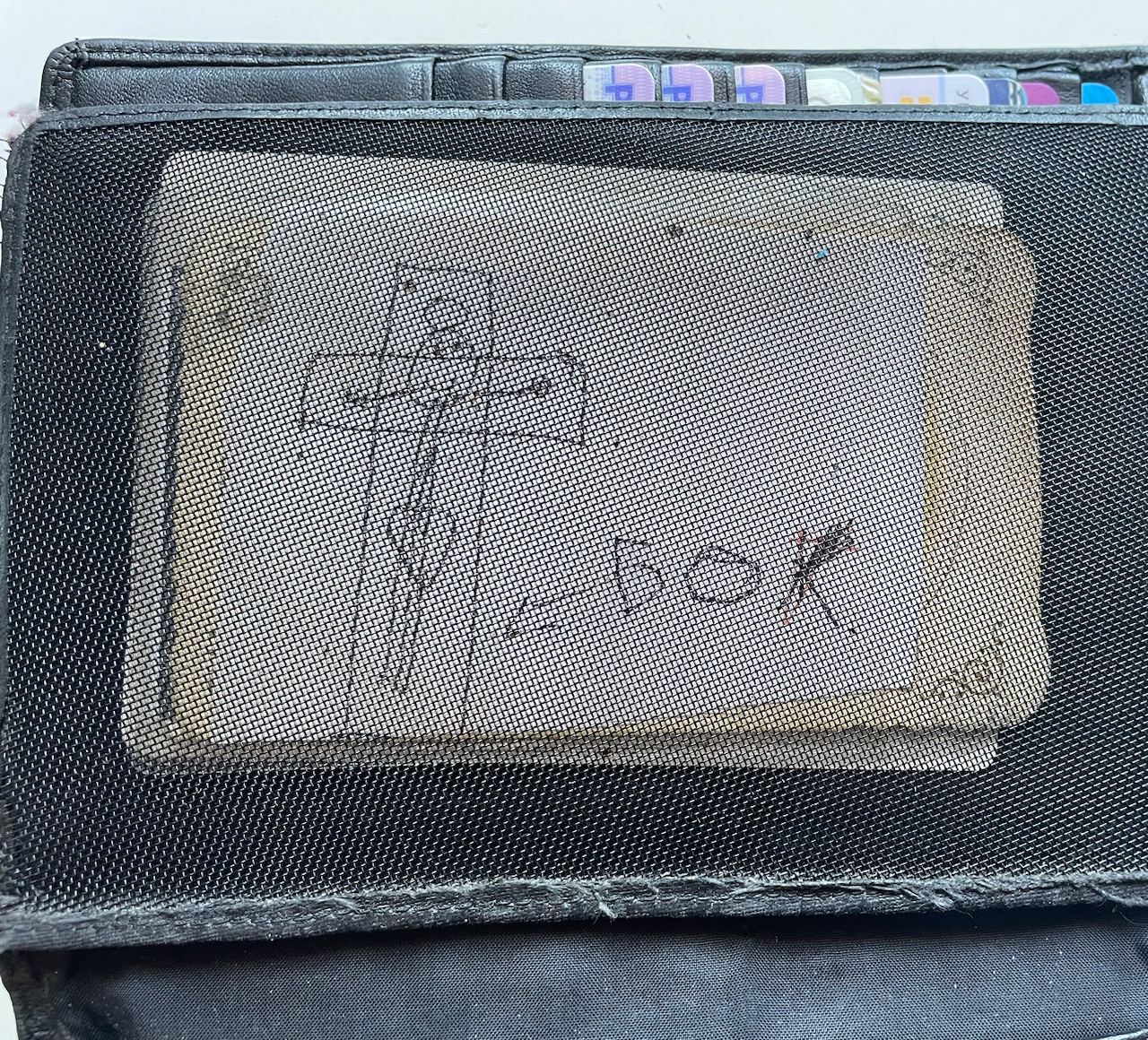Ksusha's feelings when Luba got a new dress.
Ksusha: I feel so upset; I can't bear the fact that Luba now has a dress. I'm very sad that Luba has a new dress. Because Luba has such a beautiful dress. Because they didn't send one to me. I don't have such a beautiful dress. I feel really bad. Because I don't have a dress or any other clothing as beautiful as Luba's. It hurts that Luba has it, and I don't.
Pa: Have you thought about why it hurts?
Ksusha: I don’t really know, but feelings are so overwhelming, how can you respond to these feelings or what do they mean? Why do they work like this? You never know; life always has mysteries.
Pa: Would you like to solve this mystery?
Ksusha: I think so.
Pa: Like a detective story?
Ksusha: Yes, but much harder. You'll never solve it.
Pa: What if we try to solve it together?
Ksusha: I don’t know what will happen if we solve it.
Pa: We can buy a cake if we solve it!
Ksusha: In honor of what?
Pa: That we are great detectives.
Ksusha: I think they did it (referring to the characters in Ksusha's mind from the movie "Inside Out") to make me feel so sad, so hurt that she has a dress.
Pa: Why would they want to do that? What's the benefit?
Ksusha: If it's any of their hurt or sadness, they don't understand the benefit, they just think they are sad because of it.
I solved the riddle, that it's not beneficial to me at all. They're just sad and hurt, and they take turns.
He wanted to feel sad. He likes feeling sad, so he decided to be sad.
Pa: How about joy? How does joy feel?
Ksusha: There are times when even joy is sad. When it was gentle and scary. And joy could react to that. So, have we solved it?
Pa: I don’t know, but I think there aren’t characters in our head.
Ksusha: Oh, how come! There must be something that should guide us! We can't guide ourselves! If they weren’t there, how could we express sadness, or that we're happy, angry, or gentle?
Pa: Well, I think it’s us, it's really us feeling everything. What else could you feel in this situation?
Ksusha: I wanted to be happy. I wanted joy to come, but instead, sadness came. I couldn't embrace it.
Pa: Why do you think joy should have come?
Ksusha: Luba, my sister, I love her, I want to be happy for her, but I can't.
... they decided to continue another day, the riddle remains unsolved ...

